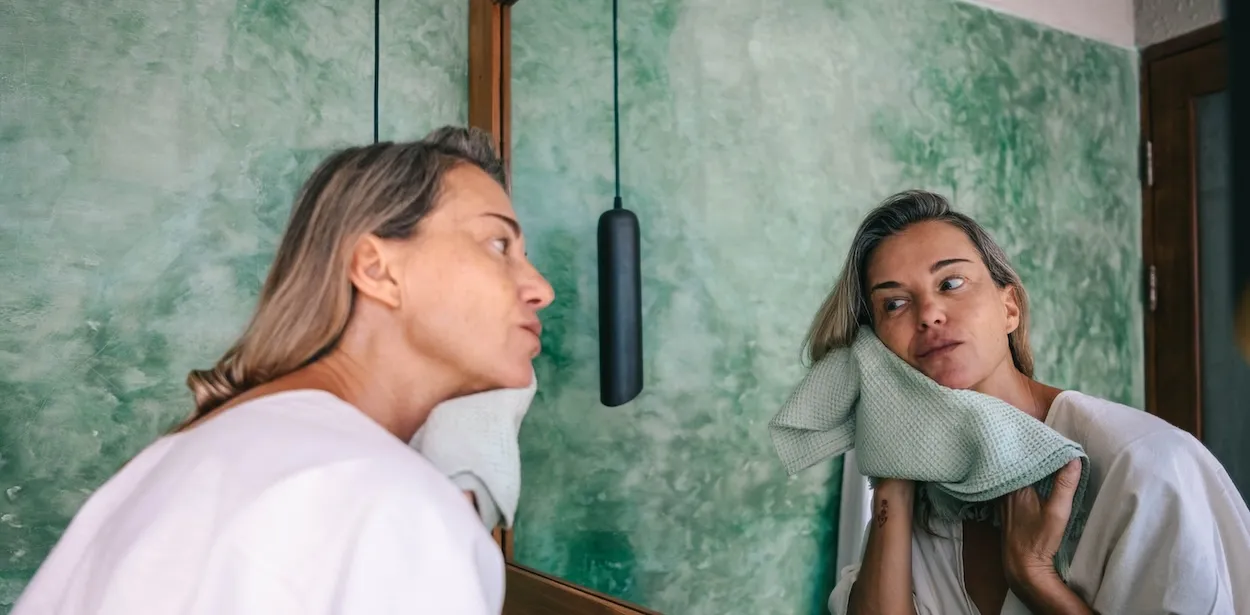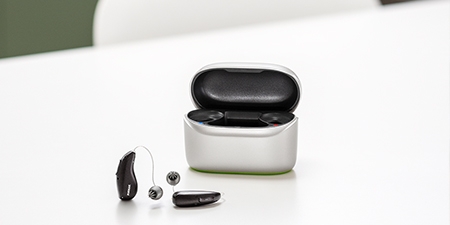Learn Tips to Safely Clean Your Ears at Home

Learn Tips to Safely Clean Your Ears at Home
5 min
Published August 15, 2024
Tips to Safely Clean Your Ears at Home
The Best Methods to Clean Your Ears
Cleaning your ears at home can be easy and safe when you follow the right steps offered by an ear specialist or hearing doctor. AudioNova provides reliable guidance on ear hygiene so you can avoid the common mistakes some people make when cleaning their ears, which end up causing more harm. Since your ears are self-cleaning, they don't require much help, but you can follow these steps if you're dealing with excess earwax buildup. Have more questions about healthy ears? We are your go-to source for better hearing and overall ear health.
Understanding Ear Wax: Your Ear’s Natural Defense
Earwax, also called cerumen, is essential for maintaining ear health. It acts as a cleanser, capturing dust, skin cells, and debris and preventing them from reaching the eardrum. Its natural lubrication ensures the ear canal remains moisturized, reducing the risk of irritation. Earwax also contains antimicrobial properties that combat infections. Far from being a nuisance, it plays a crucial role in your hearing ability and healthy ears. For this reason, you never want to completely clear earwax from your ears; otherwise, you risk leaving them defenseless. Through the body's natural process, earwax works its way out of your ears as you yawn, speak, and chew.
Safe Methods for Cleaning the Outer Ear
While you don't want to make a habit of removing earwax, keeping your ears clean from dirt and bacteria is still important. Cleaning the outer part of the ear is straightforward. Use a damp cloth or a soft tissue to gently wipe around the outer exposed area of the ear. Avoid inserting objects like cotton swabs into the ear canal because they can push wax deeper, leading to impaction and potential damage to the ear drum. Focus only on the external parts of your ear for routine cleaning.
Dealing With Excess Earwax
If ear wax buildup becomes problematic to the point where it's uncomfortable or causes hearing loss, you should seek professional help. If it's just a partial buildup, you can try softening the wax with warm water or over-the-counter ear drops. By softening the wax, you'll loosen it so it's easier to work itself out of the ear. If you buy ear drops or an irrigation kit at the pharmacy, follow the instructions on the product label carefully. For a DIY home method that doesn't involve a trip to the pharmacy, follow these steps:
Run warm water into your ear. Be sure the water isn't too hot. It should be lukewarm so you don't burn or damage your ear.
Wait a few minutes for the water to soften the wax, and then drain the water by tilting your head to the side. Moving your jaw while doing this can help loosen the wax.
Gently dab the excess water in your outer ear with a clean, dry cloth.
Anyone with a perforated or damaged eardrum should not try any at-home methods with water or drops. Seek medical attention.
Knowing When to Seek Professional Help
If you have compacted earwax that causes discomfort, hearing challenges, or even pain, if impacted wax is a recurring problem, or if you have a history of ear problems, you should visit an audiologist or doctor. Our team of hearing care professionals has the tools and expertise to safely remove impacted wax without risking damage to your ear.
Preventing Excessive Ear Wax
Preventing excessive ear wax is about regular, gentle care without using cotton swabs or other objects that can push wax deeper. Regularly cleaning the outer ear with a damp cloth is all that is required to maintain ear hygiene. If you wear hearing aids, make sure you clean them regularly. Stay hydrated and follow a balanced diet, as these can influence ear wax production. If you produce excess wax naturally, consider routine check-ups with a healthcare provider to manage it effectively.
Visit a Hearing Center for More Information
Ear hygiene is a critical component of overall health. Understanding ear wax's role and how to clean your ears safely can prevent discomfort and maintain optimal hearing. Always use gentle methods and seek professional advice when necessary to ensure your ears stay healthy and functional. If you have concerns about ear health or signs of hearing loss, visit an AudioNova location to learn how you can take a proactive role in hearing the world better.




